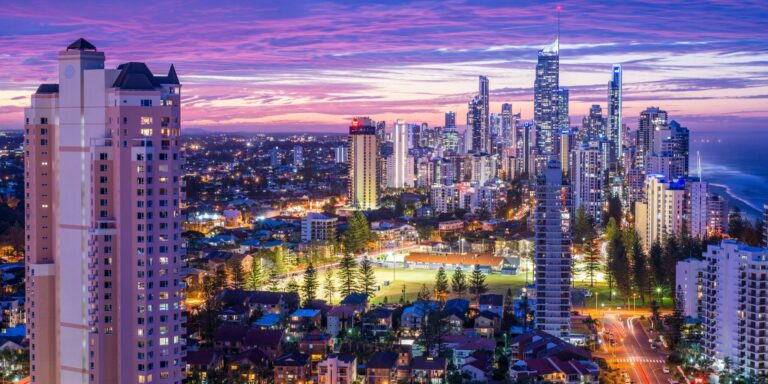The Asian Real Estate Summit (ARES) 2025 commenced on July 1 in Bangkok, Thailand, drawing over 1,000 real estate professionals and more than 30 top developers from the Philippines. Organized by Cebu-based Filipino Homes, the two-day event aims to foster global partnerships and explore sustainable and affordable housing solutions to meet the rising demand in the Philippine property market.
A Platform for Regional Collaboration
Now in its third edition, ARES has evolved into a significant platform for knowledge exchange and networking among real estate stakeholders across Asia. The 2025 summit, themed “Empowering Growth: Fostering Global Partnerships with Responsible Developers,” focuses on integrating residential, commercial, and lifestyle amenities through mixed-use developments.
Anthony Gerard Leuterio, founder and president of Filipino Homes, emphasized the summit’s role in connecting CEOs, top executives, and real estate sellers to share best practices and insights. “The summit will be an avenue to foster connections among real estate stakeholders, allowing CEOs and top executives to share their best practices and insights,” Leuterio stated.
Philippine Market Resilience Amid Global Challenges
Despite global economic headwinds, the Philippine real estate sector remains resilient. Leuterio highlighted strong demand and limited supply in key cities such as Cebu, Metro Manila, and Davao, leading to rapid sales and upward pressure on property prices. Emerging areas like Palawan and Bacolod are also experiencing significant growth in property development.
Sustained remittances from overseas Filipino workers continue to fuel real estate investments, particularly in urban centers and tourist destinations. Infrastructure projects like the Bus Rapid Transit (BRT) system in Cebu and nationwide road network improvements are enhancing connectivity and increasing demand for residential properties.
Emphasis on Sustainable and Affordable Housing
A notable trend discussed at ARES 2025 is the growing interest in sustainable and affordable housing. Leuterio urged developers to prioritize these segments to address the rising demand from both local and international buyers. “There is a growing interest in sustainable and affordable housing,” he noted, emphasizing the need for environmentally responsible and cost-effective living solutions.
The summit also highlighted the rise of mixed-use developments, as homebuyers increasingly seek integrated communities that combine residential, commercial, and lifestyle amenities. This shift reflects a broader trend across Asia, where developers are responding with vertical townships and green-certified projects that offer affordability, sustainability, and accessibility.
Benchmarking Against Regional Best Practices
ARES 2025 serves as a platform for Philippine developers to benchmark against best practices from high-performing Asian markets, including Thailand, Vietnam, and Malaysia. Strategies such as Thailand’s tourism-integrated residential model and Vietnam’s accelerated rollout of affordable housing offer valuable insights for Filipino firms navigating rising costs, supply chain constraints, and evolving buyer preferences.
“Buyers today are looking beyond just location—they’re seeking lifestyle ecosystems,” Leuterio observed, highlighting the importance of creating communities that offer a holistic living experience.
Looking Ahead
As ARES 2025 concludes, the insights and connections forged during the summit are expected to influence the Philippine real estate landscape significantly. Developers are encouraged to adopt sustainable and inclusive urban growth models, leveraging regional collaborations to navigate market shifts and innovations.
